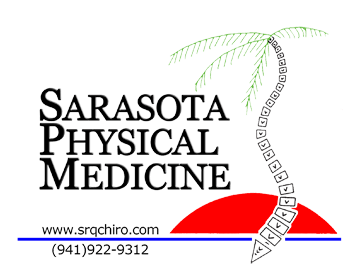Definition: Spinal stenosis is a narrowing of one or more areas in your
spine — most often in your upper or lower back. This narrowing can put pressure
on your spinal cord or on the nerves that branch out from the compressed areas.
Spinal stenosis can cause cramping, pain or numbness in your legs, back, neck,
shoulders or arms; a loss of sensation in your extremities; and sometimes
problems with bladder or bowel function. Spinal stenosis is most commonly
caused by osteoarthritis-related bone damage.
A diagnosis of stenosis can be very frustrating. There are
only a few treatment protocols in the medical arena. Most begin with medication
to decrease pain and symptoms then injections to decrease pain and symptoms and
finally surgery.
What most patients don’t know is that Chiropractic treatment
can help with stenosis and its symptomatology.
There are simple, pain-free and safe treatments to return your life to
normal. The frequency of treatments at
the start of your protocol, are often. However, to see the benefits of this
technique and to adapt the years of muscle incapacities takes time to adjust.
Most patients see a difference within two weeks of consistent and regular care.
Some of the symptoms that are seen to improve are;
decrease leg pain, improve balance, decrease back pain, walking further
distances and the ability to stand from a sitting position improves.
The technique does not take long. It’s the patient’s
commitment that is needed to accomplish the goals of each unique individual.
Medicare and most insurance covers these treatments and
we do have affordable payments for those who do not have insurance.
For more information go to www.srqchiro.com.



